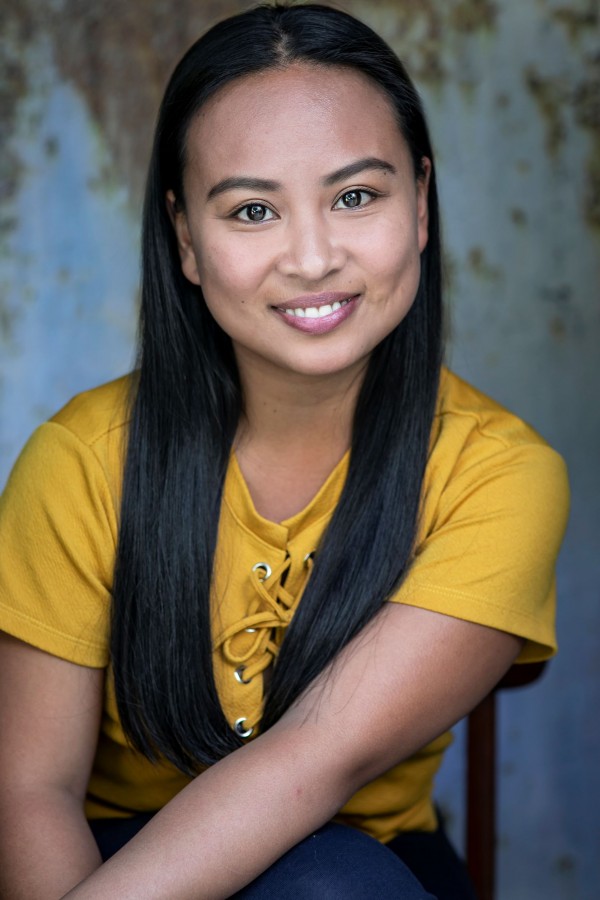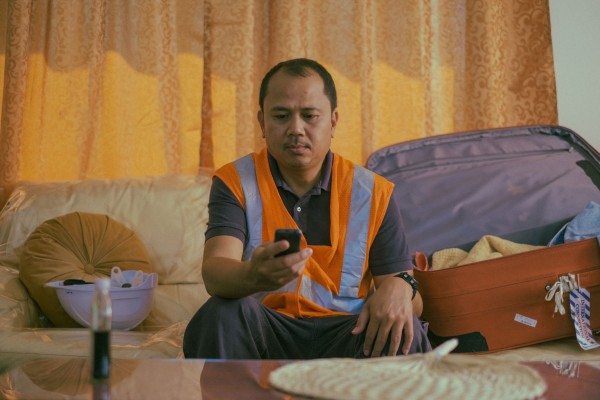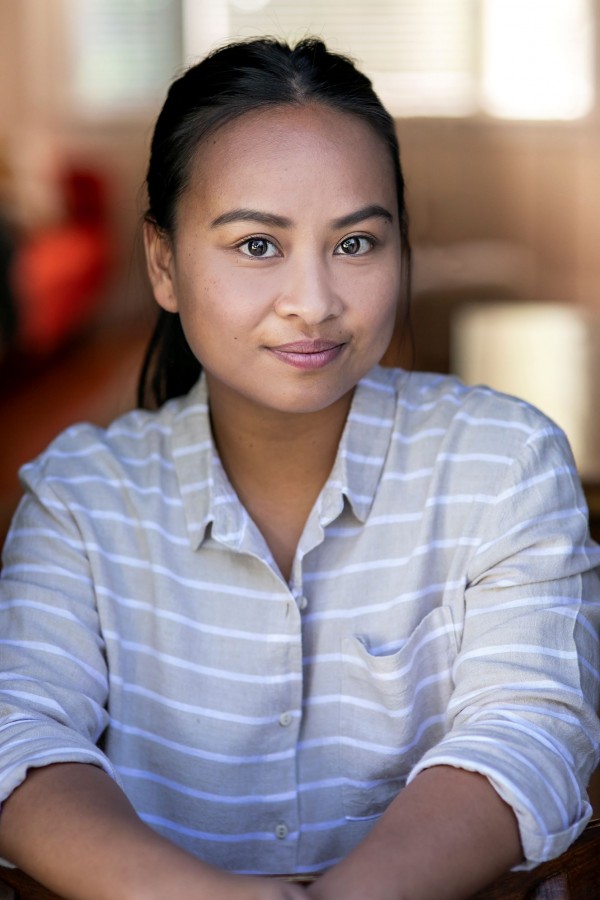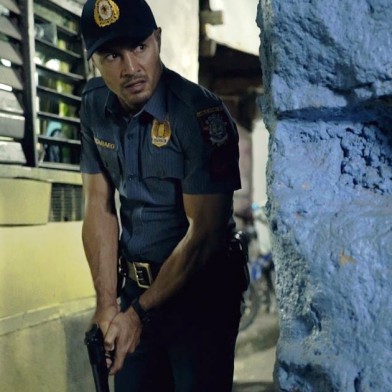“Imagine what would happen if your dad died before me.”
Not always a question you expect from your mum on a road trip through Canada. But that's the question writer and Shortland Street actress Marianne Infante got.
“[It] just really haunted me, and I was thinking ‘I didn’t want to talk about this,” Infante says.
Imagining that was difficult: her parents are two halves of a whole, both in love and life, she says. Her dad’s always ready with a tool to fix things, while her mum deals with the bills and paperwork. That’s always been the way they work, even when they moved to New Zealand from the Philippines in 2006 when Infante was 11.

Actress and writer Marianne Infante. Image: Supplied
So, her mum’s words hit Infante hard. But it was too big of a thought to tackle head-on, so Infante dealt with it the way she knew best – by writing.
That formed the basis of Mekeni, a short film published last month as part of RNZ’s Someday Stories. It follows a Filipino father and daughter dealing with the quiet fallout of grief and the gaps where a loved one once stood. But there’s also another theme woven throughout the film: Infante could deal with her mum’s thought, but also had a chance to champion her own reo and culture.
Mekeni is filmed partly in Kapampangan – Infante's mother tongue. It’s the first film to be released in New Zealand in Kapampangan and was directed by Infante’s long-time collaborator Alyssa Medel, also a Filipino Kiwi.
Kapampangan is a language of the Philippines, spoken by the Kapampangan people. It’s one of the Philippines’ eight most spoken languages – but that still means out of a population of nearly 110 million, only about three million people speak it. Not only that, there are concerns it’s a “dying language” which puts the Kapampangan culture and identity at risk.
“In the Philippines, I come home, and my aunties are surprised I can speak Kapampangan when I am Kapampangan,” Infante says, “My cousins talk to me in English, or in Tagalog because the education curriculum is all written in English or Tagalog. They're not learning their own reo.”
The passion Infante has for the Kapampangan language and Filipino representation is clear: she talks about waving the Filipino flag, whether that’s through her projects like Mekeni, her production company Te & Kuya Collaborative which celebrates and produces Filipino stories, or her role on Shortland Street as Madonna Diaz, the show’s first Filipina character.
“I can't deny the fact I'm Filipino, I'm gonna be waving that flag whether I choose to or not.”
When it comes to Shortland Street, Infante says it’s a joy and an absolute privilege to be able to build a new pathway for Filipinos or brown migrants like herself. Madonna appeared on the long-running show for the first time in July this year - “about time” according to Infante’s family.
“A good 50 percent of my family work in hospitals or the medical field,” she says with a laugh. That means she’s been given lots of tips – some welcome, some less so – to bring authenticity to the role.
When it comes to her reo, Infante has taken on what she can to champion the Kapampangan language. She says in Aotearoa she has admired – and been jealous – of the mahi people have put into rejuvenating te reo Māori, particularly over the last few years.

Noel (Allan Murillo) in Mekeni tries to get his phone to work. Image: Jinki Cambronero
“I really want to share that inspiring change of culture and mindset. Adding te reo Māori and tikanga into our processes and protocols - there's nothing stopping us back home doing the same on our land.”
She knows there’s a demand in the Philippines to revitalise Kapampangan. Since Mekeni was published online, Infante has seen it rack up views beyond what she expected, and it didn’t take long to figure out where those numbers were coming from.
“I was in an interview in Pampanga, which is where Kapampangan reo is from, and they were like, ‘yeah, Mekeni is trending over here’.”
She says people back home were watching partly out of a real craving for their own reo. They were telling her that it was amazing and moving – but strangely disheartening - to see someone who wasn’t in the country championing the language that many Kapampangans were struggling to keep alive.
“It's a conversation that I'm really proud to have started and been a part of – and there are other languages like Bisaya, Cebuano that are doing this too, probably more in Filipino-American culture,” she says.

Infante says she was proud to be part of a conversation about revitalising Kapampangan Image: Supplied
While Infante received support to make the short film from RNZ’s Someday Stories programme, she also had a Boosted campaign to cover the rest of the costs. Friends in the Philippines pooled pesos to convert and donate money, whānau from overseas contributed, and the Kiwi community came to help.
“We wouldn’t have been able to make Mekeni without our community,” Infante says, “I will forever be grateful to the people who gave as little or as much as they could.”
Infante also has no plans to stop anytime soon either, especially since she’s had offers of collaboration rolling in from the Philippines.
“I will forever hold the fact that I am a Filipino-New Zealand maker and for me to be able to carry Philippines over there is exciting for me.”
“It's definitely going to be something I continue.”
Banner Image: A still from Mekeni with Erica (Infante) and Noel (Allan Murillo) smiling at each other on the couch. Image: Supplied/Jinki Cambronero
- Asia Media Centre


